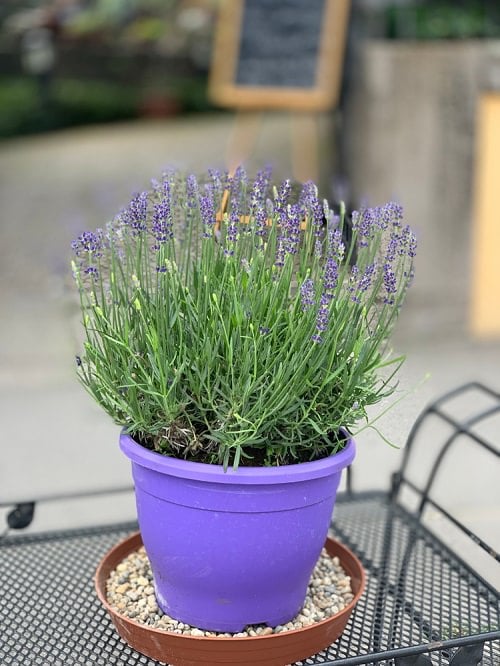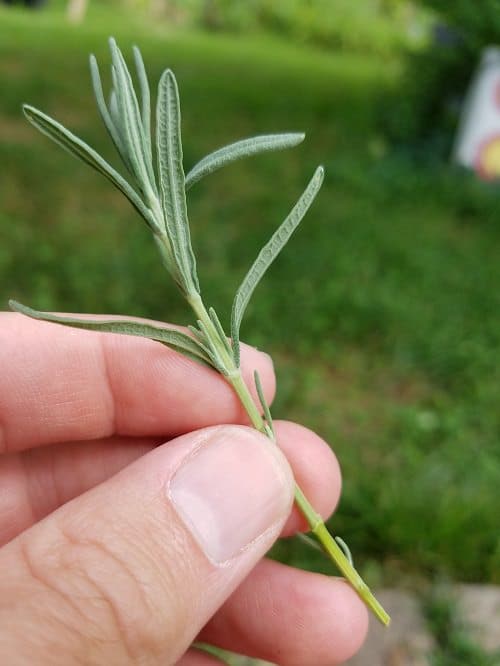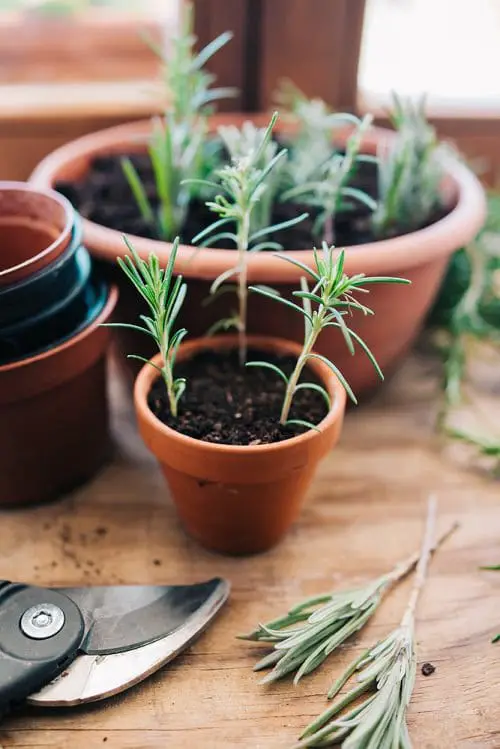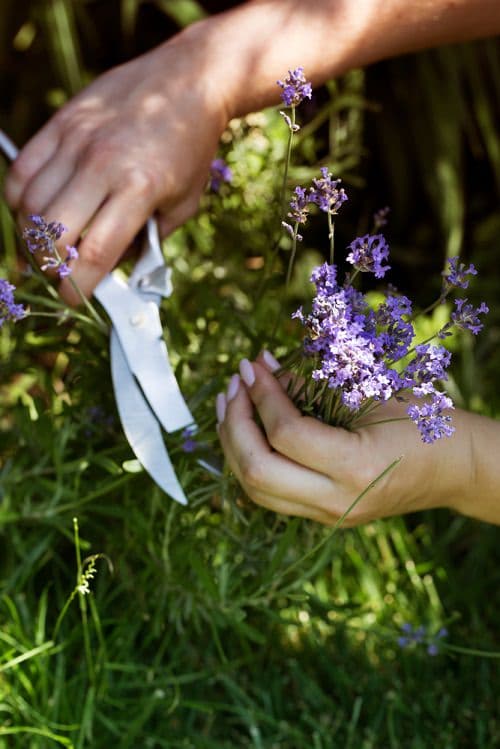Growing Lavender From Cuttings is easy as long as you know how to do it in the right way. Check out all the details to multiply this fragrant herb!

Growing Lavender from Cuttings is an amazing way to create more of this shrub around your home. With appealing flowers, culinary foliage, and calming scent–it is also drought-resistant, making it a rewarding plant to grow. While you can grow it from seeds, it’s a slow process, which is why it’s better to propagate lavender from cuttings.
Here’s everything you need to know about growing lavender in pots
Timing is Always Important
You can take lavender cuttings from new shoots (softwood cutting) that appear in spring or wait till they become semi-hardwood in summer. Summer is also its active growing season, and it is the best time to take cuttings.
Softwood cutting is, of course, soft and bends easily, whereas hardwood cutting is older growth and not that flexible. You should look for semi-hardwood cutting, which is neither too soft nor too rigid.
If you’re growing french lavender in a mild winter climate, you can take cuttings in fall.
Check out some quick tips on overwintering Lavender here
What Kind of Cutting Should I Take?

Always spot a branch that hasn’t flowered. This will ensure that the cutting will divert all its stored energy, which is not wasted in blooming, into growing roots, and you will have the best chances of propagation.
Also, take cuttings from an established and vigorous lavender plant that looks happy. This will guarantee that the cuttings will have enough energy to promote strong roots.
How to Grow Lavender From Cuttings

Since propagating via cuttings is the best route to take, using this method will really help your lavender plant flourish.
- Using a sharp shear or cutting knife, snip a 4-6 inches long stem just below the leaf node at a 45-degree angle so the water and nutrition can be easily absorbed.
- Don’t take smaller cuttings, or you will have less area to secure the cutting in a pot, which means a reduced chance of rooting.
- Denude all the bottom 2-3 inches of leaves.
- Dip the cut end in a rooting hormone and plant it in a pot filled with a seed starting mix.
- You can also make your own mix following this guide here.
- Water well and place the pot where it can get bright, indirect light.
- If the weather is really cool at your place, cover the pot with a plastic film or poly bag. Of course, you can skip this step if the weather is warm. Soil temperature around 75 F (24 C) is good.
- Avoid overwatering. Use a sprayer to keep the cuttings evenly moist. This will also prevent the cuttings from getting disturbed.
- The cuttings will develop roots in 2-5 weeks.
Aftercare of Lavender Cutting

As the plant grows, ensure that the soil is kept warm and fairly moist. This kind of rooting environment is perfect for your new lavender plant.
If you cannot find an apt location with bright indirect sunlight or warm air, place the just rooted plant over a heating mat. It will allow the soil to stay at a consistent temperature as the plant starts to grow.
Have a look at the top tips on growing Lavender here
Keeping Lavender Cuttings in Water
You can also keep lavender cuttings in the water and propagate them that way. Get a decorative vase, put some colorful pebbles, fill it with nonchlorinated water, and put the lavender cutting in it, like you would put fresh-cut flowers.
Change water every 3-5 days, place it where it gets bright but indirect light, and voila! You’ll have a new, ready to root lavender plant in 3-5 weeks.


